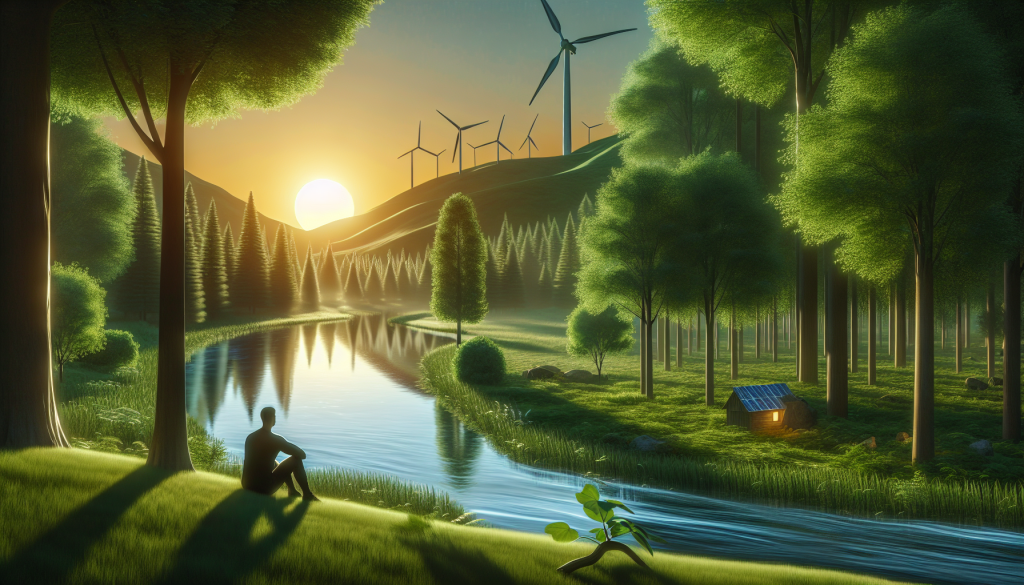Eco-anxiety is a growing concern in today’s world, where the impacts of climate change are becoming increasingly evident. This blog post will provide you with effective strategies to manage this form of anxiety, helping you to maintain your mental well-being while staying engaged with environmental issues. So, why should you keep reading? Because understanding and managing eco-anxiety is crucial for your mental health and for our collective ability to address environmental challenges.
Key Takeaways
- Understanding the nature and impact of eco-anxiety
- Managing your intake of climate-related news
- Emotional coping strategies for eco-anxiety
- Building support networks to share concerns and strategies
- Taking constructive action to mitigate environmental impact
- Benefits of connecting with nature
- Recognizing when to seek professional help
- Long-term strategies for managing eco-anxiety
Understanding Eco-anxiety
Definition and Causes
Explanation of eco-anxiety as a response to environmental issues
Eco-anxiety, also known as climate anxiety, is a form of psychological distress caused by the environmental crises we face today. It’s a natural response to the overwhelming news about climate change, biodiversity loss, and other environmental issues.
Common triggers such as climate change and natural disasters
Common triggers of eco-anxiety include news about climate change, witnessing or experiencing natural disasters, and concerns about the future of our planet. These triggers can lead to feelings of fear, sadness, anger, guilt, and helplessness.
Impact on Mental Health
Symptoms of eco-anxiety
The symptoms of eco-anxiety can range from mild to severe and may include feelings of fear, sadness, anger, guilt, and helplessness, as well as physical symptoms like headaches, stomachaches, and sleep problems.
Long-term effects on well-being
If not addressed, eco-anxiety can have long-term effects on your well-being, including chronic stress, depression, and even physical health problems.
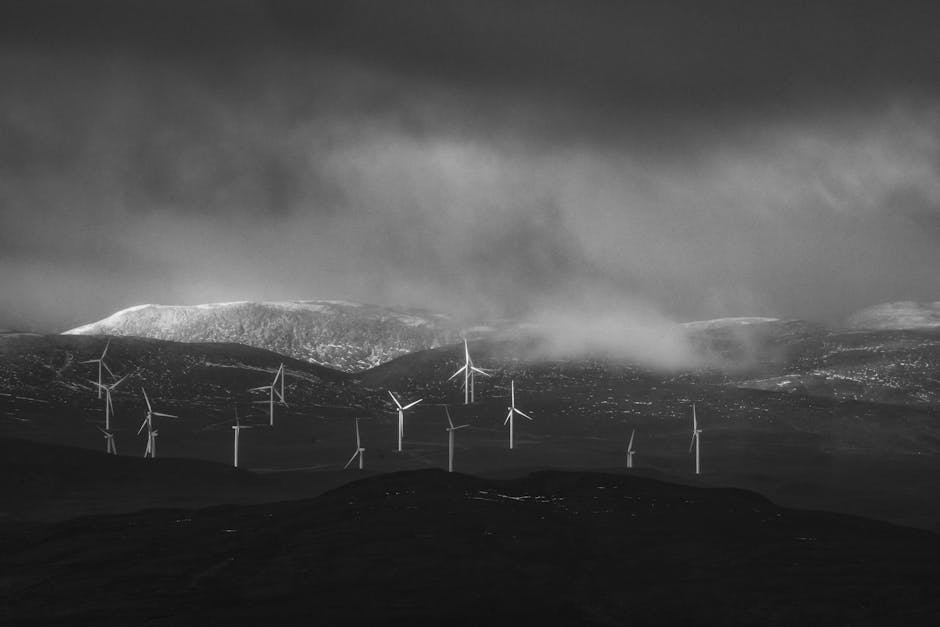
Managing Information Intake
Avoid Overload
Setting boundaries with climate-related news
While staying informed about environmental issues is important, it’s also crucial to set boundaries to avoid information overload. This might mean limiting your exposure to climate-related news to certain times of the day or week.
Balancing staying informed with mental health
Balancing your need to stay informed with your mental health can be challenging. It’s important to remember that it’s okay to take a break from the news when you need to.
Taking Breaks from Climate News
Benefits of periodic disconnection
Taking regular breaks from climate news can help to reduce feelings of overwhelm and anxiety. During these breaks, you can focus on activities that bring you joy and relaxation.
Strategies for implementing media breaks
Strategies for taking media breaks might include setting specific times each day for news consumption, using apps or tools to limit your exposure to news, or designating certain days as “news-free” days.
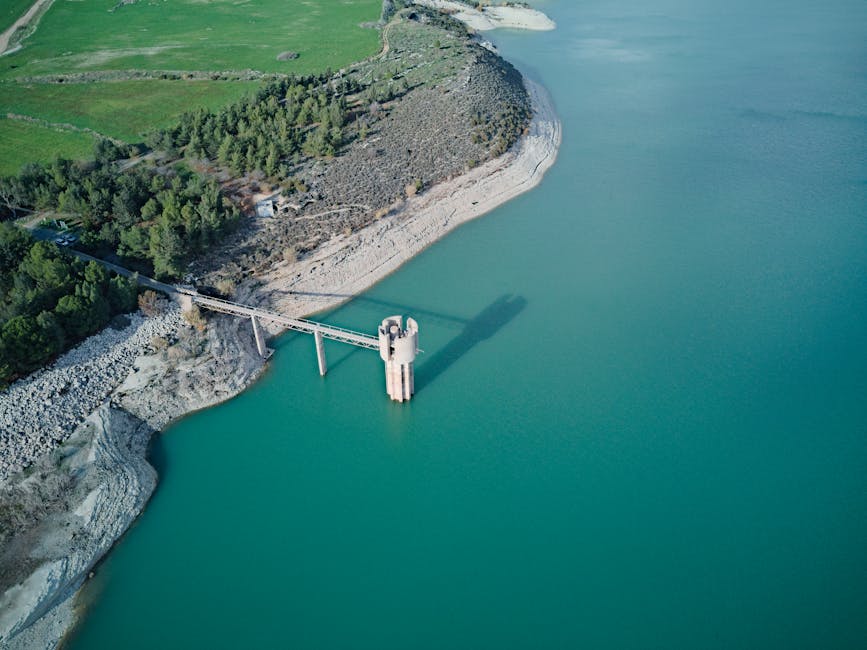
Emotional Coping Strategies
Acknowledging Your Feelings
Importance of recognizing and validating emotions
Recognizing and validating your feelings is a crucial first step in managing eco-anxiety. It’s okay to feel scared, angry, or sad about the state of our planet. These feelings are a natural response to the challenges we face.
Consequences of denying feelings
Denying or suppressing your feelings can lead to increased stress and anxiety. It’s important to allow yourself to feel your emotions and to seek support when needed.
Practicing Compassion
Being kind to yourself and others
Practicing compassion towards yourself and others can help to alleviate feelings of eco-anxiety. This might mean being kind to yourself when you’re feeling overwhelmed, or showing empathy to others who are struggling with similar feelings.
Understanding shared experiences of anxiety
Understanding that you’re not alone in your feelings of eco-anxiety can be comforting. Many people are grappling with similar feelings, and sharing your experiences can help to create a sense of community and support.
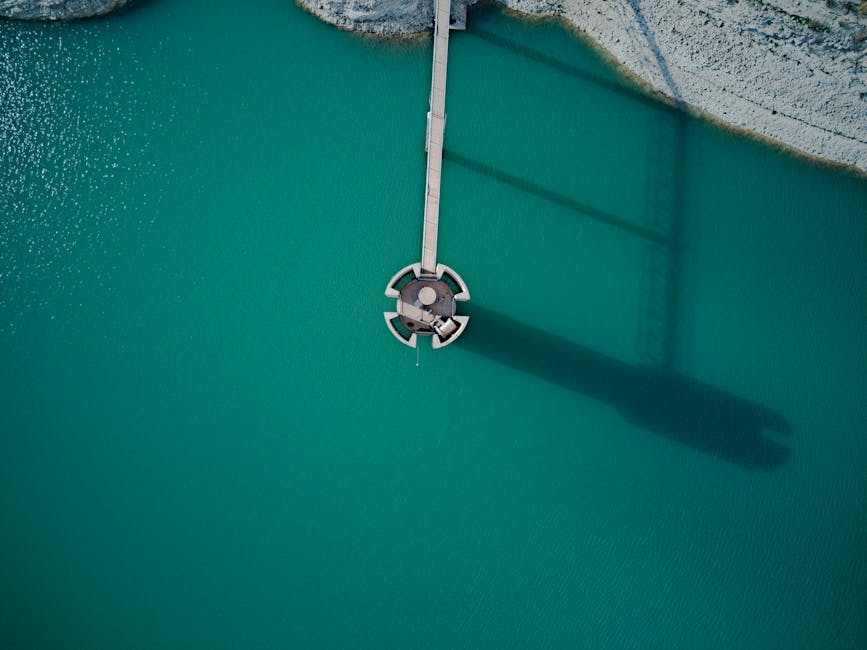
Building Support Networks
Talking About Your Feelings
Sharing concerns with friends and family
Talking about your feelings of eco-anxiety with friends and family can help to alleviate your stress and anxiety. They may be able to provide comfort, support, and practical advice.
Seeking professional help when needed
If your eco-anxiety is significantly impacting your life, it may be helpful to seek professional help. A mental health professional can provide you with strategies to manage your anxiety and can offer support and guidance.
Connecting with Like-minded Individuals
Joining environmental groups or communities
Joining environmental groups or communities can provide a sense of purpose and connection. These groups can offer support, shared coping strategies, and opportunities for constructive action.
Benefits of shared experiences and coping strategies
Sharing your experiences and coping strategies with others can be beneficial for both you and them. It can provide a sense of community, reduce feelings of isolation, and offer practical solutions to manage eco-anxiety.

Taking Constructive Action
Focus on What You Can Control
Examples of personal actions to mitigate environmental impact
Focusing on what you can control can help to reduce feelings of helplessness and anxiety. This might include actions like reducing your carbon footprint, recycling, composting, or advocating for environmental policies.
Psychological benefits of feeling empowered
Taking action can provide a sense of empowerment and purpose, which can help to alleviate feelings of eco-anxiety. It can also provide a sense of hope and optimism for the future.
Engage in Environmental Conservation
Participating in sustainability activities
Engaging in environmental conservation activities, such as tree planting, clean-up events, or sustainability initiatives, can provide a sense of purpose and connection to the natural world.
Impact of positive action on personal agency
Taking positive action can enhance your sense of personal agency, reducing feelings of helplessness and anxiety. It can also provide a sense of hope and optimism for the future.
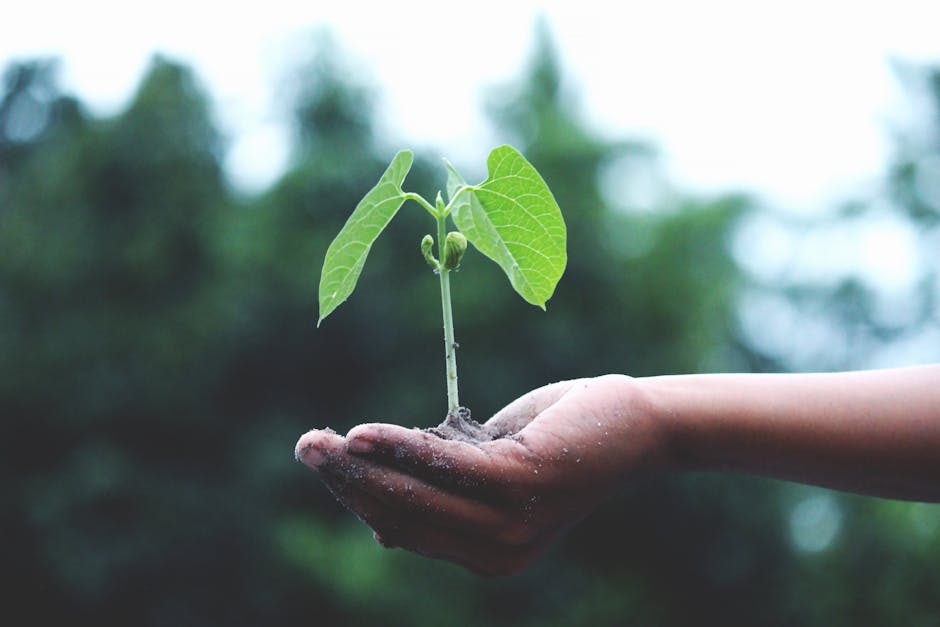
Benefits of Nature Connection
Spending Time in Natural Settings
Psychological and emotional benefits
Spending time in natural settings can have numerous psychological and emotional benefits. It can reduce stress, improve mood, and provide a sense of calm and connection to the natural world. You can learn more about these benefits in our blog post on the psychological benefits of spending time in nature.
Practical ways to increase nature engagement
Practical ways to increase your engagement with nature might include taking regular walks in a park, gardening, bird watching, or simply spending time outdoors. You can find more suggestions in our post on how spending time in nature can reduce stress and anxiety.

Seeking Professional Help
Recognizing When to Seek Help
Signs that eco-anxiety is significantly impacting life
Signs that eco-anxiety is significantly impacting your life might include persistent feelings of fear or sadness, difficulty sleeping, physical health problems, or a significant impact on your daily activities. If you’re experiencing these symptoms, it may be helpful to seek professional help.
Benefits of professional guidance
Professional guidance can provide you with strategies to manage your eco-anxiety and can offer support and understanding. A mental health professional can help you to navigate your feelings and can provide a safe space for you to express your concerns.
Finding the Right Therapist
Criteria for choosing a mental health professional
When choosing a mental health professional, it’s important to consider their experience and expertise in dealing with eco-anxiety. You might also want to consider factors like their approach to therapy, their availability, and whether you feel comfortable with them.
Importance of experience in climate-related stress
A therapist with experience in climate-related stress can provide you with specific strategies and insights to manage your eco-anxiety. They can help you to navigate your feelings and can provide a safe space for you to express your concerns.
Long-term Strategies
Developing Resilience
Techniques for building emotional resilience
Building emotional resilience can help you to manage your eco-anxiety in the long term. Techniques might include mindfulness practices, regular exercise, maintaining a balanced diet, getting enough sleep, and staying connected with loved ones.
Role of resilience in managing eco-anxiety
Resilience can help you to navigate the ups and downs of eco-anxiety, allowing you to bounce back from difficult moments and maintain your mental well-being.
Continuous Learning and Adaptation
Keeping updated with effective coping strategies
Keeping updated with effective coping strategies can help you to manage your eco-anxiety in the long term. This might involve reading about new research, attending workshops or webinars, or talking to a mental health professional.
Adapting to new environmental realities
As our environmental realities continue to change, it’s important to adapt your coping strategies accordingly. This might involve adjusting your information intake, finding new ways to take action, or seeking additional support when needed.

Eco-anxiety is a natural response to the environmental challenges we face today. By understanding this form of anxiety and implementing effective coping strategies, you can manage your eco-anxiety and maintain your mental well-being. Remember, you’re not alone in this journey, and there are many resources and supports available to help you navigate these feelings.
For more information on managing eco-anxiety, you can visit Anxiety Canada or Everyday Health.
Soothing Your Mind: Strategies For Dealing With Eco-anxiety FAQ
What is eco-anxiety?
Eco-anxiety refers to a chronic fear of environmental doom, a psychological condition that affects individuals who are deeply concerned about the ecological crises facing the planet. It’s characterized by feelings of helplessness, fear, and frustration over the current and future state of the environment.
Is eco-anxiety recognized as a mental health condition?
As of now, eco-anxiety is not officially classified as a mental health disorder by major psychological associations. However, it is widely recognized by mental health professionals as a legitimate and growing concern that can significantly impact individuals’ well-being.
What are some common symptoms of eco-anxiety?
Common symptoms include persistent worry about the future of the planet, feelings of helplessness, sadness, anger, guilt, and even physical symptoms such as insomnia or loss of appetite. People may also avoid or obsess over environmental news and feel a strong sense of responsibility to make changes.
How can I manage my eco-anxiety?
Managing eco-anxiety involves a combination of staying informed, taking actionable steps towards sustainability, seeking support from like-minded communities, practicing mindfulness and self-care, and sometimes seeking professional help if the anxiety becomes overwhelming.
Can taking action on environmental issues help reduce eco-anxiety?
Yes, taking action can be incredibly empowering and can significantly reduce feelings of helplessness and anxiety. This can include engaging in environmental activism, making sustainable lifestyle choices, and supporting policies and practices that protect the environment.
How important is community in dealing with eco-anxiety?
Community is crucial. Connecting with others who share your concerns can provide emotional support, increase your sense of empowerment, and amplify your efforts to make a difference. Community involvement can also provide a sense of belonging and collective purpose.
Should I talk to a professional about my eco-anxiety?
If your eco-anxiety is interfering with your daily life, it may be helpful to talk to a mental health professional. They can offer coping strategies, cognitive-behavioral techniques, and sometimes medication to help manage anxiety symptoms.
Are there any specific therapies for eco-anxiety?
While there’s no therapy specifically designed for eco-anxiety, many traditional therapies can be effective. Cognitive-behavioral therapy (CBT), mindfulness-based stress reduction (MBSR), and ecotherapy (nature-based therapy) have all been shown to help manage symptoms of anxiety, including eco-anxiety.
How can I stay informed without getting overwhelmed?
It’s important to find a balance. Limit your news intake to a few trusted sources and set boundaries around how often you check for updates. Focusing on solutions rather than just problems can also help maintain a more hopeful perspective.
What role does lifestyle change play in managing eco-anxiety?
Adopting a more sustainable lifestyle can give you a sense of control over your environmental impact and contribute positively to the planet. This might include reducing waste, conserving energy, eating a plant-based diet, and using sustainable transportation. These actions can alleviate feelings of guilt and helplessness associated with eco-anxiety.
